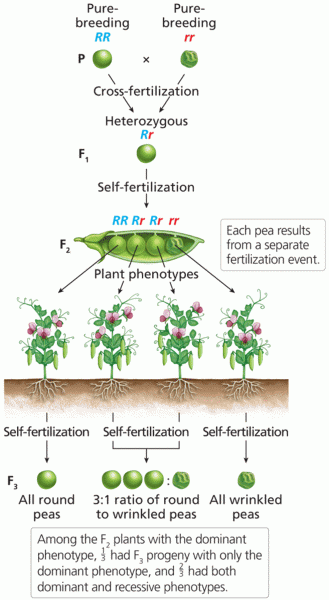|
|
|
Did you know?
The average office desk has 400 times more bacteria on it than a toilet.
Did you know?
Coca-Cola originally used coca leaves and caffeine from the African kola nut. It was advertised as a therapeutic agent and "pickerupper." Eventually, its formulation was changed, and the coca leaves were removed because of the effects of regulation on cocaine-related products.
Did you know?
Autoimmune diseases occur when the immune system destroys its own healthy tissues. When this occurs, white blood cells cannot distinguish between pathogens and normal cells.
Did you know?
The FDA recognizes 118 routes of administration.
Did you know?
Cytomegalovirus affects nearly the same amount of newborns every year as Down syndrome.







